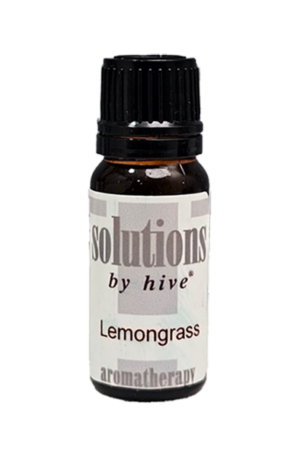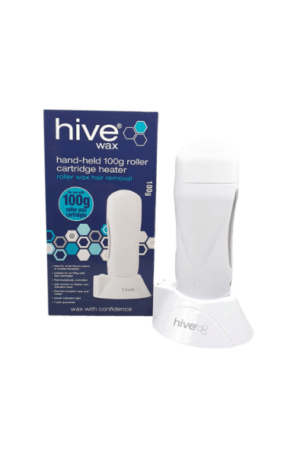Hive Ginger Essential Oil
Ginger Essential Oil is a popular essential oil derived from the rhizome of the Ginger Plant (Zingiber officinale). Known for its warm, spicy, and energizing aroma, Ginger Essential Oil offers a variety of therapeutic benefits. It is widely used in aromatherapy, massage, skincare, and even for its potential health benefits.
Properties of Ginger Essential Oil
- Color: Light yellow to amber
- Consistency: Thin
- Scent: Warm, spicy, and earthy aroma
- Extraction Method: Steam distillation from the unpeeled or dried rhizome
Common Uses
1) Aromatherapy:
-
- Energizing and Uplifting: Diffuse ginger oil to invigorate the senses and uplift the mood.
- Respiratory Support: Inhalation can help clear the respiratory tract and alleviate symptoms of colds and flu.
2) Hair Care:
- Scalp Stimulation: Helps to stimulate the scalp, promoting healthy hair growth.
3) Massage:
- Warming Massage: Combined with a carrier oil for a warming and soothing massage, particularly for sore muscles.
4) Topical Application:
- Pain Relief: Applied with a carrier oil, it can help relieve muscle and joint pain, as well as symptoms of arthritis.
- Digestive Aid: Applied to the abdomen to soothe digestive discomfort and nausea.
- Skin Care: Used in small amounts in skincare products for its antioxidant properties.
Benefits:
- Anti-inflammatory: Reduces inflammation, making it useful for treating arthritis, muscle pain, and other inflammatory conditions.
- Digestive Aid: Helps alleviate nausea, indigestion, and other digestive issues. It is often used to combat motion sickness and morning sickness.
- Pain Relief: Provides relief from various types of pain, including muscle soreness, joint pain, and menstrual cramps.
- Antioxidant: Protects the skin and body from damage caused by free radicals due to its antioxidant properties.
- Circulatory Support: Improves circulation, which can help in warming up cold extremities and reducing the appearance of cellulite.
- Immune Support: Boosts the immune system and helps fight off infections due to its antimicrobial properties.
How to Use Ginger Essential Oil:
- Aromatherapy:
- Diffuser: Add 3-5 drops to a diffuser to enjoy its invigorating aroma.
- Inhalation: Add a few drops to a bowl of hot water and inhale the steam for respiratory support.
- Topical Application:
- Dilution: Dilute with a carrier oil (like coconut, jojoba, or sweet almond oil) before applying to the skin. A typical dilution ratio is 2-3 drops of ginger oil per teaspoon of carrier oil.
- Massage: Mix with a carrier oil for a warming and soothing massage.
- Bath:
- Bath Soak: Add a few drops to a warm bath along with Epsom salts for a relaxing and invigorating soak.
- Hair Care:
- Scalp Treatment: Add a few drops to your shampoo or conditioner to stimulate the scalp and promote hair health.
Precautions:
- Skin Sensitivity: Ginger essential oil is potent and may cause skin irritation in some individuals. Always perform a patch test before applying to larger areas of the skin.
- Dilution: Always dilute Ginger Essential Oil with a Carrier Oil before topical use to prevent irritation or sensitization.
- Pregnancy and Breastfeeding: Pregnant and breastfeeding women should consult with a healthcare professional before using Ginger Essential Oil.
- Children: Use with caution and in lower concentrations when applying to children. Consult a pediatrician before use.
- Photosensitivity: Ginger oil is not known to be phototoxic, but it’s always best to avoid direct sunlight on areas where the oil has been applied, especially if you have sensitive skin.
- Medical Conditions: If you have any medical conditions or are taking medication, consult with a healthcare professional before using ginger essential oil.
Discover More:
http://paragontraders.com.sg/hive-of-beauty-company-profile/
http://paragontraders.com.sg/body-care/





